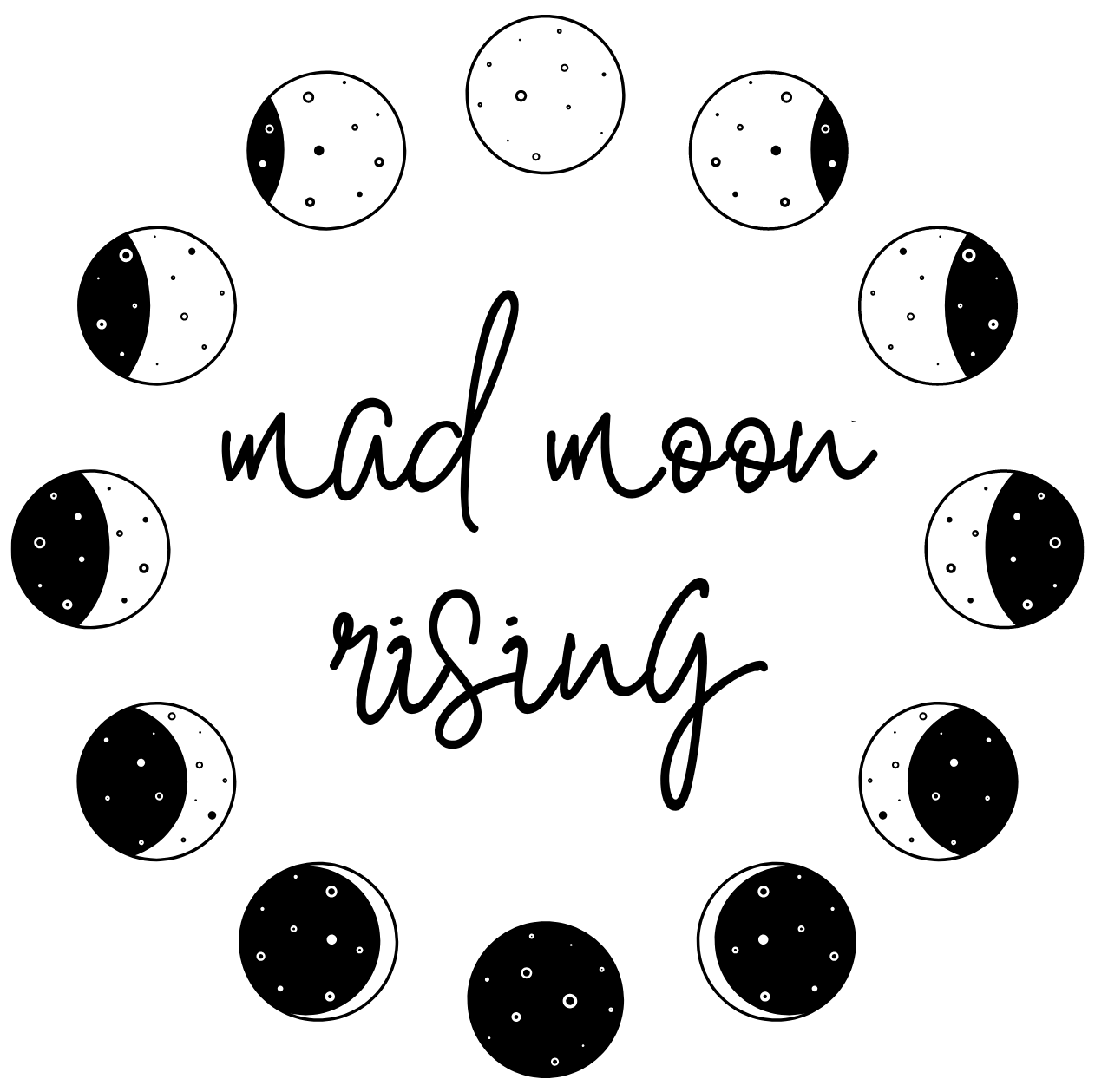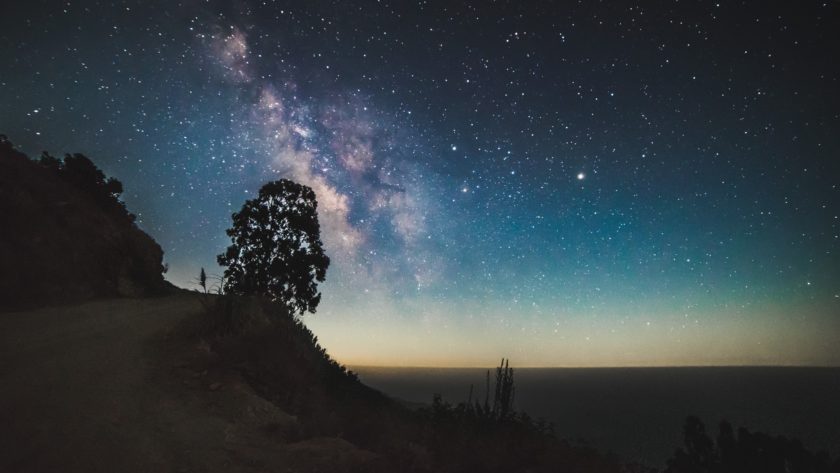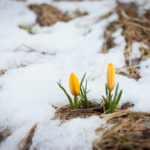Last August I celebrated my one year soberversary by getting my driver’s permit. I’d spent the weeks before furiously studying the Colorado Driver’s Handbook and oscillating between periods of elation and dread as I imagined what driving would entail. A few months earlier I bought a used car with the money that I’d saved since starting my first proper full-time job, and I was sick of looking out the window watching it gather with ash from the wildfires.
The last time I had a driver’s license I was 18. Within two weeks, I’d somehow managed to total my sister’s and my car while singing along to Belinda Carlisle on the radio, and decided from then on that I was simply not meant to be a driver. This was reinforced by my parents, who’d instilled in me from a young age that something about me was “off” — I wasn’t like other people, with their ability to take care of themselves. Instead, I was fundamentally hopeless, destined for a life of self-destruction and dependency.
I spent my twenties in and out of psychiatric hospitals, residential treatment centers, and outpatient programs, trying to grapple with this sense of brokenness and the maladaptive coping skills that it led me towards. As I got older, the insistence from my parents that I “couldn’t drive” became even more pronounced. Before we moved out to Colorado, my father pulled my husband aside and reiterated to him that I should not get behind the wheel of a car.
Having lived in cities for most of my adult life, there also wasn’t the need for me to learn how to drive. Colorado is a whole different story. It’s full of those wide open spaces that the Dixie Chicks crooned to me about as a teenager, the kinds of spaces where a woman could find a place in the clouds, a foundation of stone.
And indeed, with the help of my husband, moving thousands of miles away from my parents, and most of all my own tenacity to finally seize control of my life, I entered what I would soon come to see as my recovery. I got sober, got stronger, became financially independent, quit the grad school program that had only seemed to compound my mental health issues, and started the first job in my life that I truly enjoy. I’d been told for as long as I could remember that it was only my parents who could help me, that I needed their support (and their money) in order to survive, when all along it was my independence from them that would finally set me free.
When I think about driving, I still find myself confronted by that sense of defectiveness that I carried with me for so long. But I also feel bolstered by the knowledge of how far I have come.
One of the biggest challenges of recovery is being okay with taking space from the toxic people in your life. It doesn’t mean that you don’t appreciate the times that they helped you, and it doesn’t necessarily mean that you’ll be estranged from them forever. Ridding yourself of your toxic relationships is simply a way of acknowledging that your life is your life.



